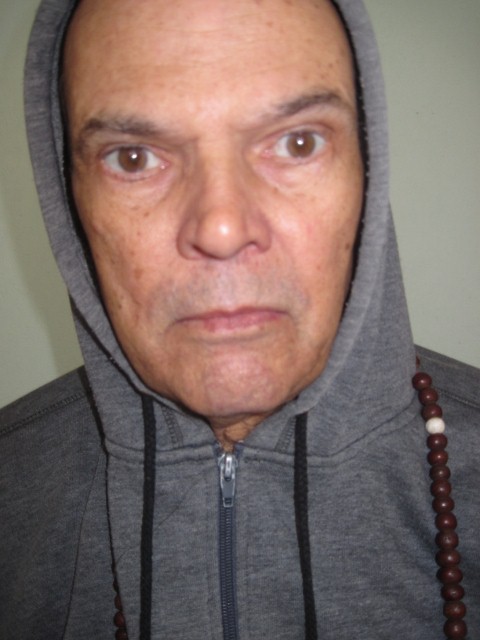'"There Were Phantoms": Spectral Shadows in Christos Tsiolkas' Dead Europe'
Keywords:
Christos Tsiolkas, psychoanalysis, mourning, abjection, death, uncanny, bloodlust, trauma, Holocaust, erotism, Karl Abraham and Maria TorokAbstract
Central to Karl Abraham and Maria Torok’s metapsychological account of the Phantom is the prima facie assumption that the dead return to haunt the living because there is a debt which must be paid to them, the corollary of which, according to Slavoj Zizek, is that ‘they were not properly buried’ (qtd. in Davis 2). In this essay, I explore the problematics surrounding the proper (re)burial of the dead in Christos Tsiolkas’ Dead Europe, whereby unearthing shameful ancestral secrets Isaac Raftis dislodges and ultimately ‘exorcises’ the Phantom which haunts his family line. In exploring how Isaac becomes a living repository of an( )other’s trauma, that is, the trauma of Elias who was killed by Isaac’s grandparents, Dead Europe exemplifies the impossibility for the living subject to divorce him/herself from the collectivity of shadows and spectres forming one’s past.Downloads
Published
2012-01-16
Issue
Section
Articles
License
The copyright for articles in this journal is retained by the author(s), with first publication rights granted to the journal. By virtue of their appearance in this open access journal, articles are free to use with proper attribution in educational and other non-commercial sectors.Attribution-NonCommercial-ShareAlike 2.1 Australia
This work is licensed under the Creative Commons Attribution-NonCommercial-ShareAlike 2.1 Australia License. To view a copy of this license, visit http://creativecommons.org/licenses/by-nc-sa/2.1/au/ or send a letter to Creative Commons, 543 Howard Street, 5th Floor, San Francisco, California, 94105, USA.
How to Cite
’"There Were Phantoms": Spectral Shadows in Christos Tsiolkas’ Dead Europe’. (2012). Journal of the Association for the Study of Australian Literature, 11(2). https://openjournals.library.sydney.edu.au/JASAL/article/view/9806

